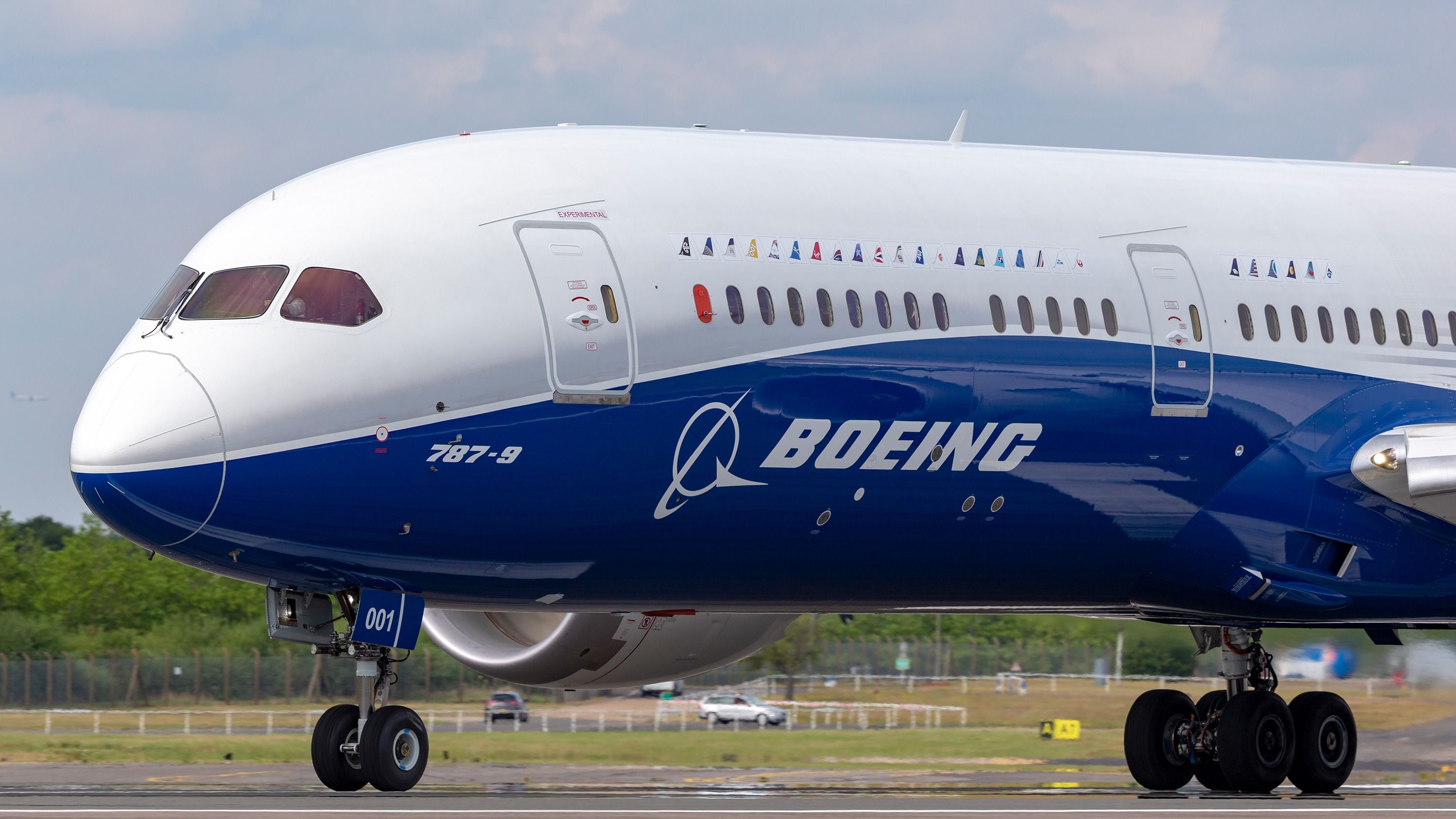Africa’s aviation industry continues to perform strongly, with increasing passenger volumes and improved operational efficiencies. Key factors include expanded routes, better connectivity and increasing demand for domestic and international travel.
In terms of seat availability in Africa globally, there was a notable increase of 7% from 16 million seats in July 2023 to 17 million seats in July 2024. On intra-Africa routes, seat availability also increased by 3% over the same period, driven by the launch of new routes, network expansion and fleet upgrades. ASKs for July 2024 exceeded July 2023 figures by 9%, while RPKs estimated a 1.3% increase year-on-year.


AFRAA estimates that African airline passenger traffic will increase by 15% in 2024 compared to 2023. AFRAA forecasts a capacity split of 50.1% on international routes for African airlines and 49.9% for non-African airlines. On intercontinental routes, Africa holds 37.1% of capacity, with non-African airlines dominating at 62.9%.


Intra-Africa connections continue to expand, with major hubs such as Addis Ababa, Johannesburg, Lusaka and Lomé seeing a significant increase in connections. African airlines are reporting improved passenger revenues, reflecting overall traffic growth. AFRAA data shows that passenger revenues reached $1.66 billion in May 2024, up 4% from $1.59 billion in April 2023.
The global price of Jet A1 continues to fluctuate from week to week. The global average price of Jet A1 ended the week of July 26th2024, 2.1% lower to USD 98.68/barrel.
Regulatory/Industry Affairs
In an effort to achieve greater economic integration and regulatory harmonization, the Trilateral Free Trade Area Agreement (TFTA) between COMESA, EAC and SADC entered into force on July 25, 2024. This agreement involves member states representing 75% of the Trilaterals’ GDP. The TFTA aims to simplify market access, reduce business costs through improved infrastructure and promote industrial development by creating a more conducive environment for increasing productivity and competitiveness.
The recent suspension of a planned 800% increase in navigation fees by the Nigerian Airspace Management Agency (NAMA) reflects the Nigerian government’s commitment to economic stability and public consultations before implementing any policy measures. This move is consistent with ensuring the affordability and operational viability of the Nigerian aviation sector.
Furthermore, Uganda’s collaboration with the United Arab Emirates to build a third international airport near Kidepo National Park is an example of strategic infrastructure improvement to promote connectivity and economic growth in the region.
The introduction of Foreign Exchange Policy No. FXD/01/2024 by the National Bank of Ethiopia marks a significant shift towards a market-based exchange rate system that aims to increase financial predictability and operational flexibility for businesses. This policy is part of a broader initiative to liberalise the Ethiopian economy by facilitating access to foreign currencies, encouraging foreign investment and driving economic diversification.
The above developments underline the joint efforts of several African countries to address infrastructural and economic challenges, improve regional connectivity and ensure a balanced and sustainable growth trajectory.
The OPSGROUP has convened a forum to discuss the safety concerns related to GPS spoofing. The OPSGROUP noted that the number of GPS spoofing incidents increased by 400% in the first quarter of 2024 and there is an urgent need to bring stakeholders together to discuss these concerns. The topics to be discussed are: aviation safety, engineering, regulation, security, mitigation and solutions.
In response to evolving regulatory requirements and environmental sustainability targets, the Lufthansa Group has introduced an environmental cost surcharge, which will apply from 1 January 2025. This surcharge, which varies between 1 euro and 72 euros, is intended to offset the costs associated with the statutory blending quota for sustainable aviation fuel (SAF) and adjustments to the EU Emissions Trading System (EU ETS).
The International Civil Aviation Organization (ICAO) has released the second edition of the Global Aviation Security Plan (GASeP), reaffirming its commitment to improving global aviation security. This updated plan outlines strategic priorities, including improving safety culture, technological innovation and collaboration among aviation stakeholders, with the aim of reducing risks and improving oversight and quality assurance in global aviation.
The Ontario Superior Court’s ruling against Ukraine International Airlines for the shooting down of Flight PS752 is a significant legal development and underscores the critical importance of risk assessment in aviation. The ruling holds the airline responsible for failing to adequately identify risks, which resulted in tragic losses. This landmark decision underscores the need for airlines to rigorously assess and minimize risks to ensure the safety of passengers and crew.
These updates underscore the aviation industry’s ongoing global efforts to reduce environmental impacts, improve safety measures and comply with legal and ethical standards to ensure a balanced and responsible approach to global air transport.








